DePauw senior Edward Greene ’71 was student-teaching in Philadelphia, and some unanswered questions nagged him.
“I was in an upper-grade, middle-school setting and trying to answer the question of how do children learn,” said Greene, a clarinetist who planned to teach music. “You do student teaching, you take methods courses, they have you demonstrate that you can do a lesson plan, but you’re never asked the question: Do you know anything about the individuals with whom you are working as human beings, who are learners?
“How do children acquire and use knowledge? How do children come to understand the world? It was something that was in my head.”
He voiced his concern to the woman from whom he rented a room. She happened to be an administrator and trainer at Head Start, then a new federal program that provides early childhood education to low-income families, and she introduced Greene to the program, which had been created in 1965.
Head Start excited him so much that he wrote his semester paper about it. And though he spent a year teaching school in Detroit after he graduated from DePauw, he soon headed west, with plans to study for a master’s degree in child and human development at Pacific Oaks College and work with 4- and 5-year-olds in its children’s school. In the summer before classes started, he worked in an infant and toddler program, getting hands-on experience with little ones.
“That’s how I grounded myself in terms of really understanding what it means to be with an infant,” he said.
Yet Greene faced a major obstacle: He was a man in what was primarily a woman’s profession.
“You have to put things together and you have to take them apart and look at them and put them back together with what you’ve learned.”
He found that “men don’t talk about child development,” and thus he had to “figure out how to make my way in that field.”
He started by obtaining the master’s degree and sufficiently impressing Pacific Oaks that it appointed him to its faculty to work on teacher training and child development. He also found the support of mentors who were prominent in the field. An instructor introduced him to Barbara Bowman, a pioneer in early childhood education who cofounded the groundbreaking Erikson Institute, a Chicago graduate school, and who became Greene’s most cherished mentor.
Said Bowman: “I was impressed with his genuine enthusiasm for the work on behalf of children and families. In addition, his commitment to the early childhood field was evident through his thoughtful examination of issues and willingness to work hard. I was particularly taken by his warmth and willingness to engage with advocates of all ages, races and backgrounds. I am proud to be listed as a mentor, since I learned as much from him as I gave.”
He moved from Pacific Oaks on to other jobs, including the National Association for the Education of Young Children, the Coalition for Children and Youth and the Michigan State Senate, where he supported the Education Committee chair.
Mentors urged him to seek more education, so Greene earned a doctorate degree in elementary and early childhood education from Indiana State University. Others in the field saw his potential and began to enlist him to appear on panels or write a book chapter. He was asked to do photography on a project, which “gave me visibility as someone who looked at environments through a lens of what are the ways in which environments are set up for young children.”
His former landlady, Helen Basham, hired him for his first consulting job, setting off a varied career in which Greene has worked both as employee of and consultant to numerous governmental agencies, private organizations, foundations and educational institutions across the country. He became an expert in children’s digital media environments; worked three years as the global outreach director for Sesame Workshop and nine years for the Hispanic Information and Telecommunications Network; and consulted with the Discovery Channel, PBS Ready to Learn and Children’s Television Workshop.
He delved into creation and advocacy for good public policy, such as better pay for child caregivers and recognition that child care is not merely babysitting. He has served on numerous national and statewide boards, including serving as the first chair of the men’s caucus of the National Association for the Education of Young Children. And he has won a number of awards that have celebrated, among other things, his vision, innovation and leadership in child development.
Greene recognizes that he has enjoyed a serendipitous career, sometimes being “in the right place at the right time. And people saw something in me and I was too silly to say ‘no.’”
But he has put the work in too. “I was learning so much about how the world actually does work,” he said. “It’s not just a matter of having a cookie-cutter approach to life or education. You have to put things together and you have to take them apart and look at them and put them back together with what you’ve learned.”
DePauw Magazine
Fall 2021
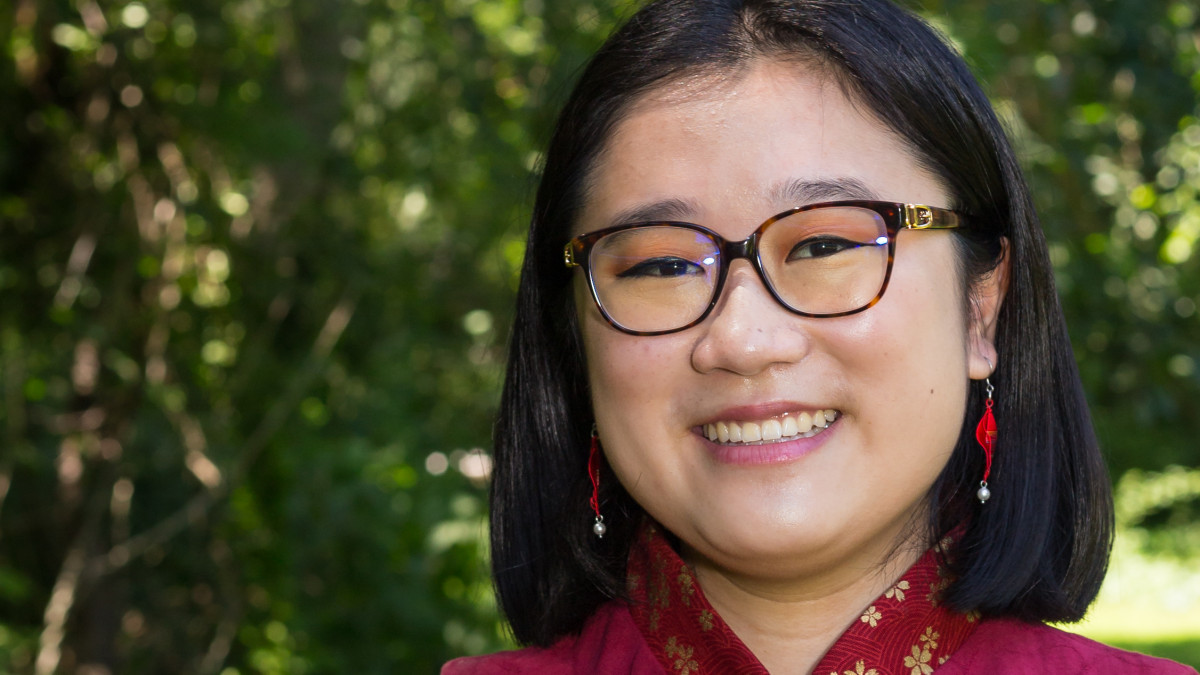 First Person by Emily Chen ’18
First Person by Emily Chen ’18 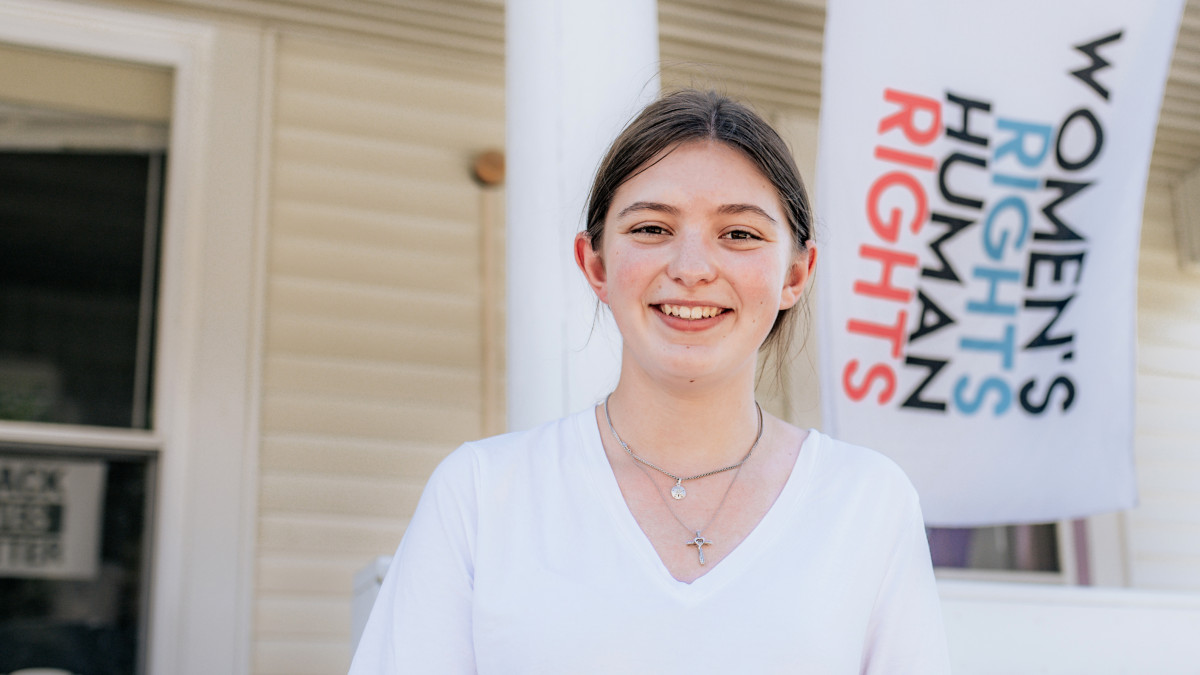 First-year known for follow-through exemplifies DePauw’s outstanding students
First-year known for follow-through exemplifies DePauw’s outstanding students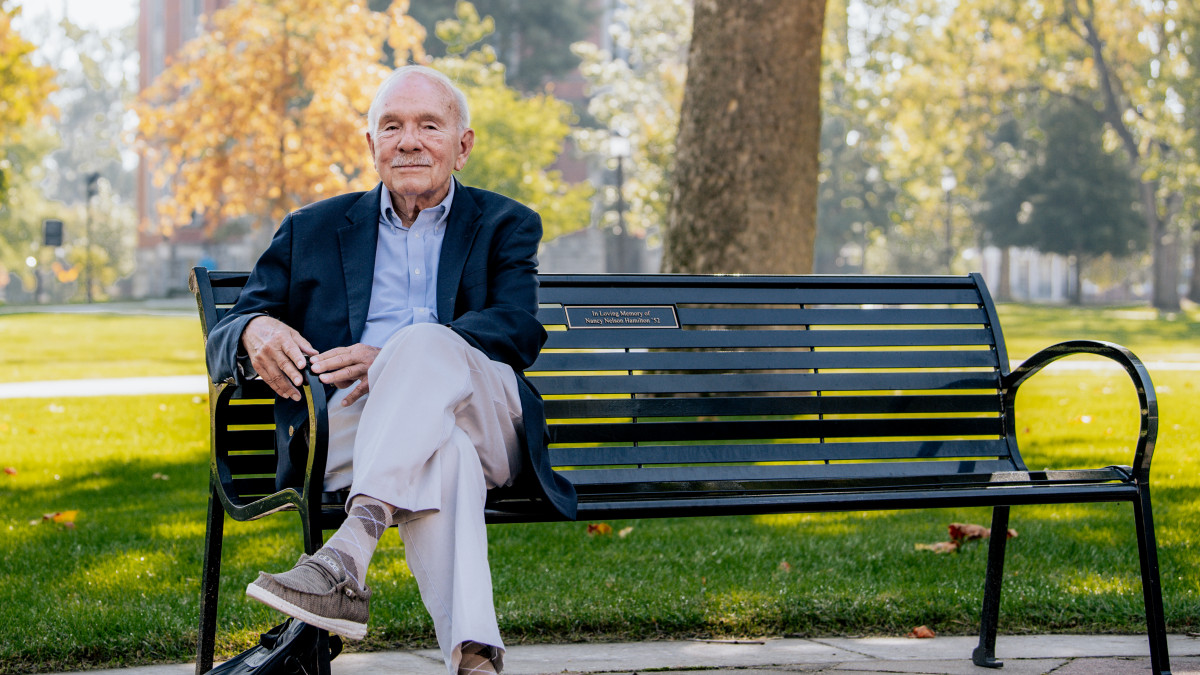 The Bo(u)lder Question by John Dittmer
The Bo(u)lder Question by John Dittmer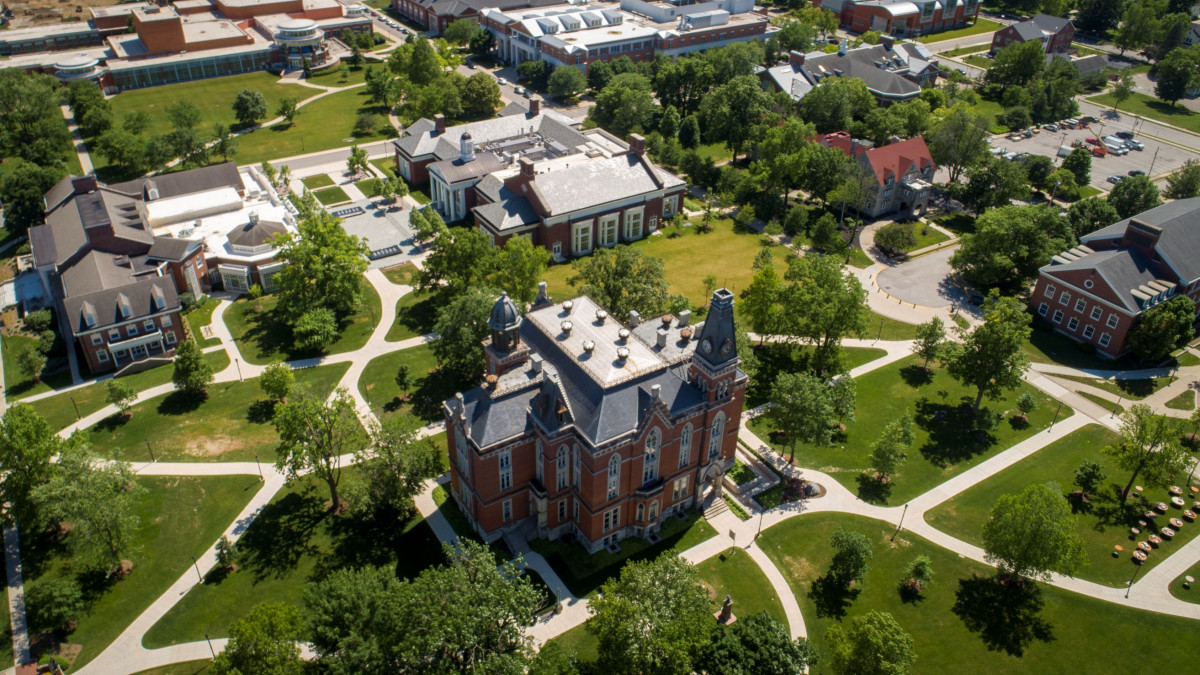 The new VPs: Seeking solutions for admission, alumni
The new VPs: Seeking solutions for admission, alumni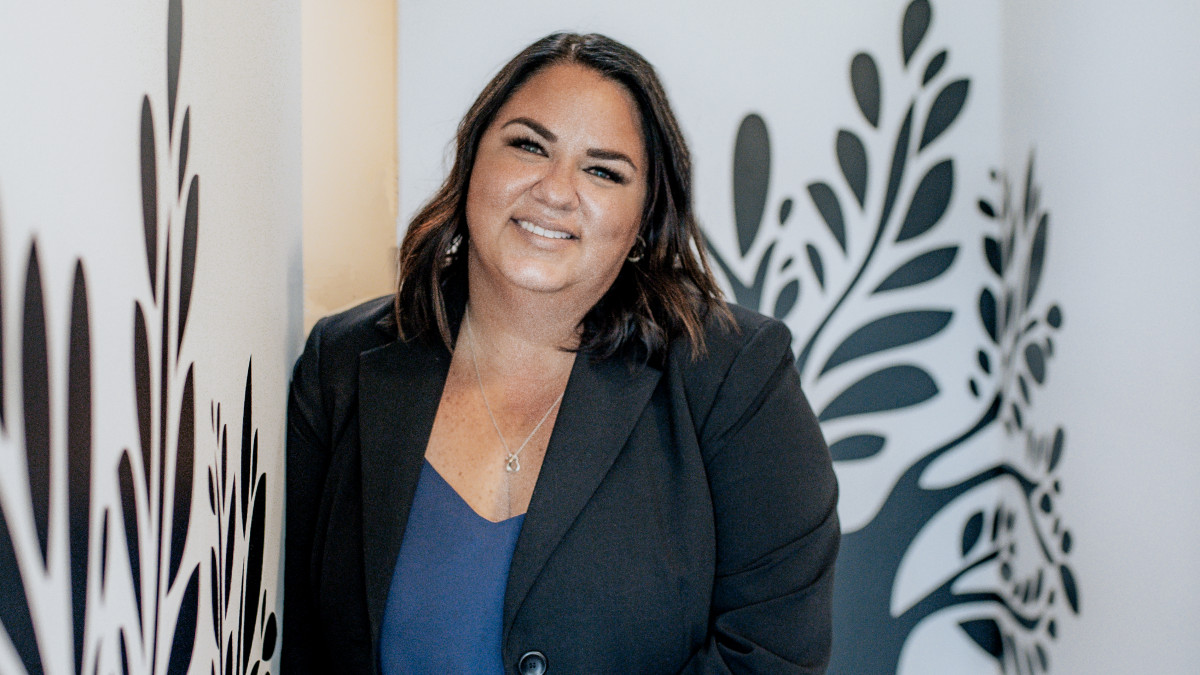 Ashley English ’01: Exhibiting empathy born of experience
Ashley English ’01: Exhibiting empathy born of experience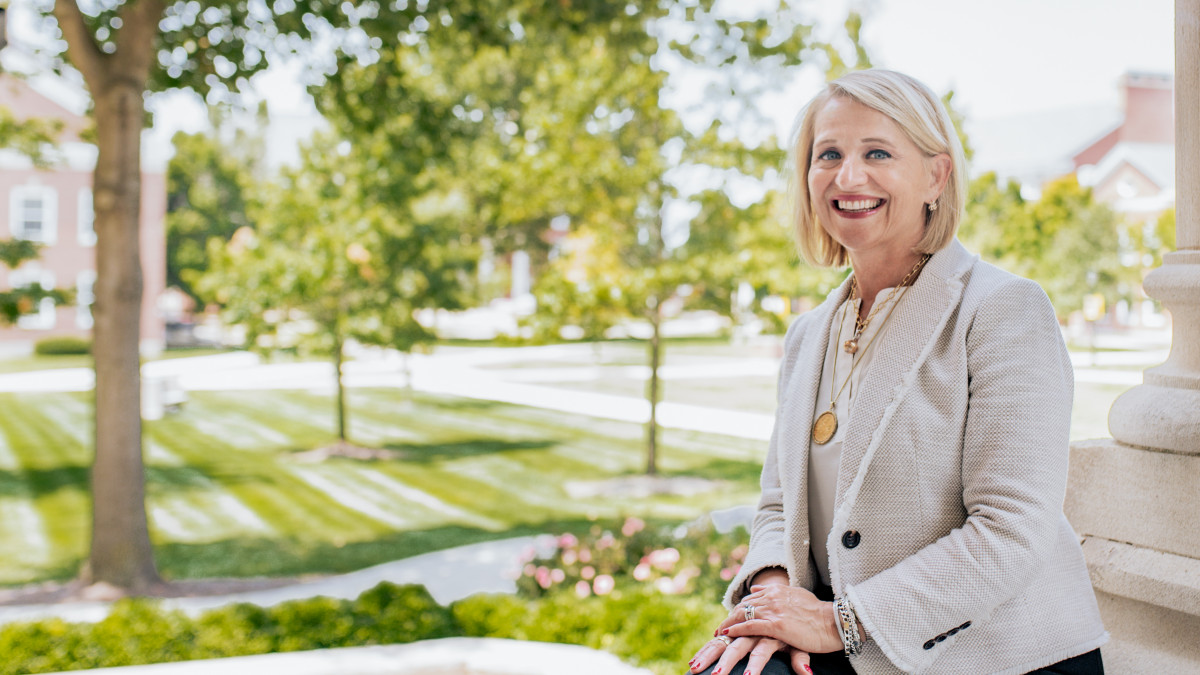 Jennifer Pope Baker ’89: Making noise about quiet problems
Jennifer Pope Baker ’89: Making noise about quiet problems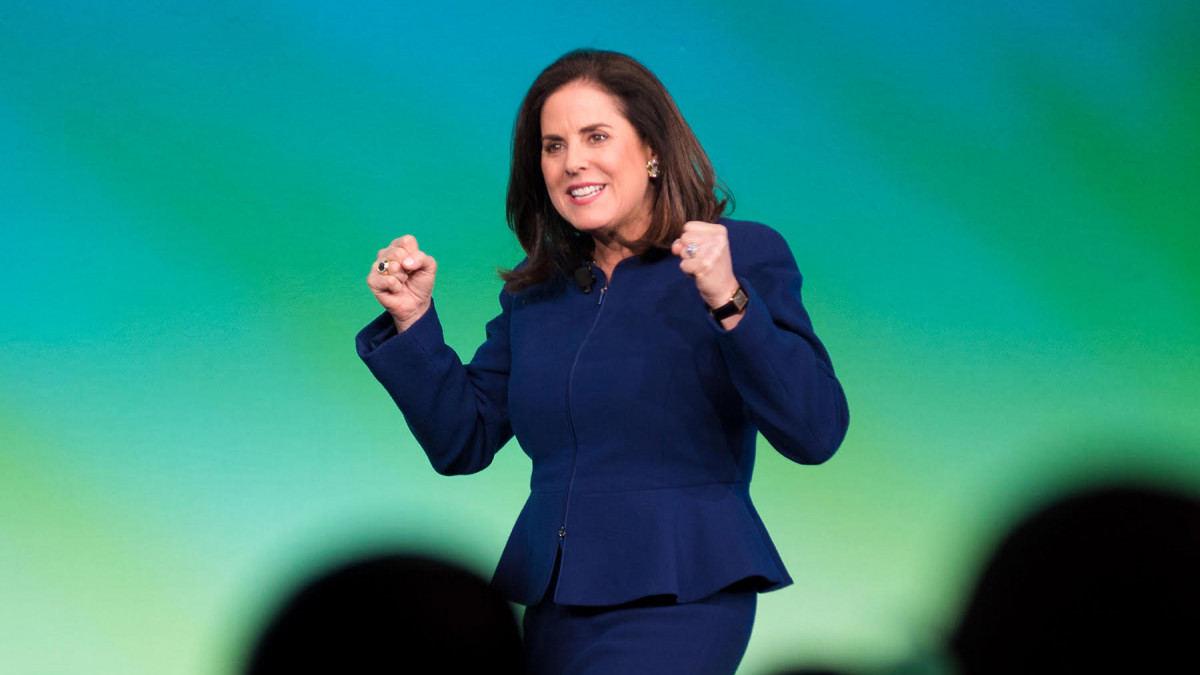 Jan Risi ’81: Transforming a mom-and-pop into a competitor
Jan Risi ’81: Transforming a mom-and-pop into a competitor Randy Dwenger ’80: Finding hope for troubled youths
Randy Dwenger ’80: Finding hope for troubled youths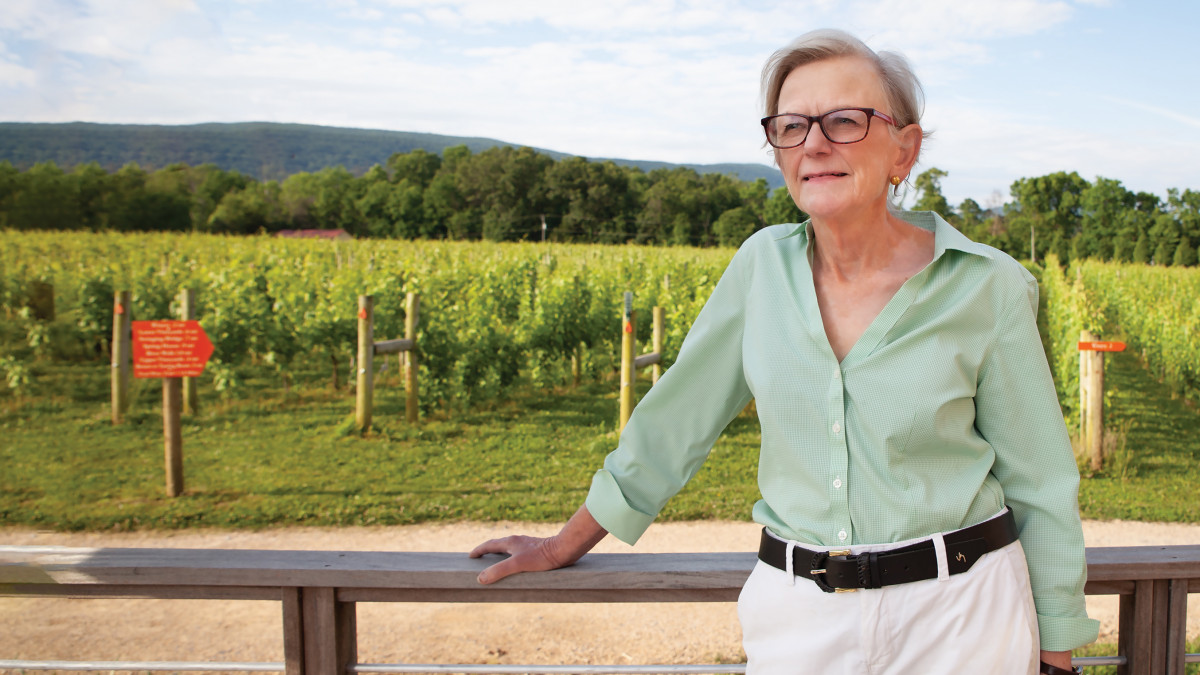 Sally Smerz Grooms Cowal ’66: Healing countries and people around the globe
Sally Smerz Grooms Cowal ’66: Healing countries and people around the globe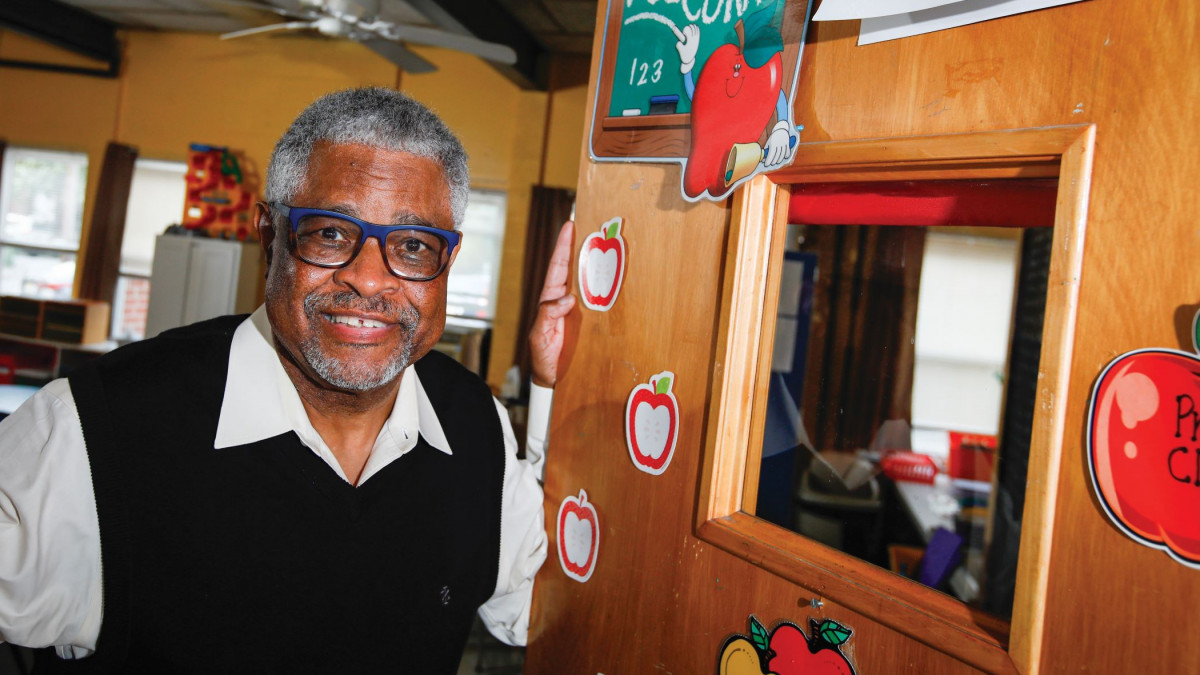 Edward Greene '71: Exploring how children learn
Edward Greene '71: Exploring how children learn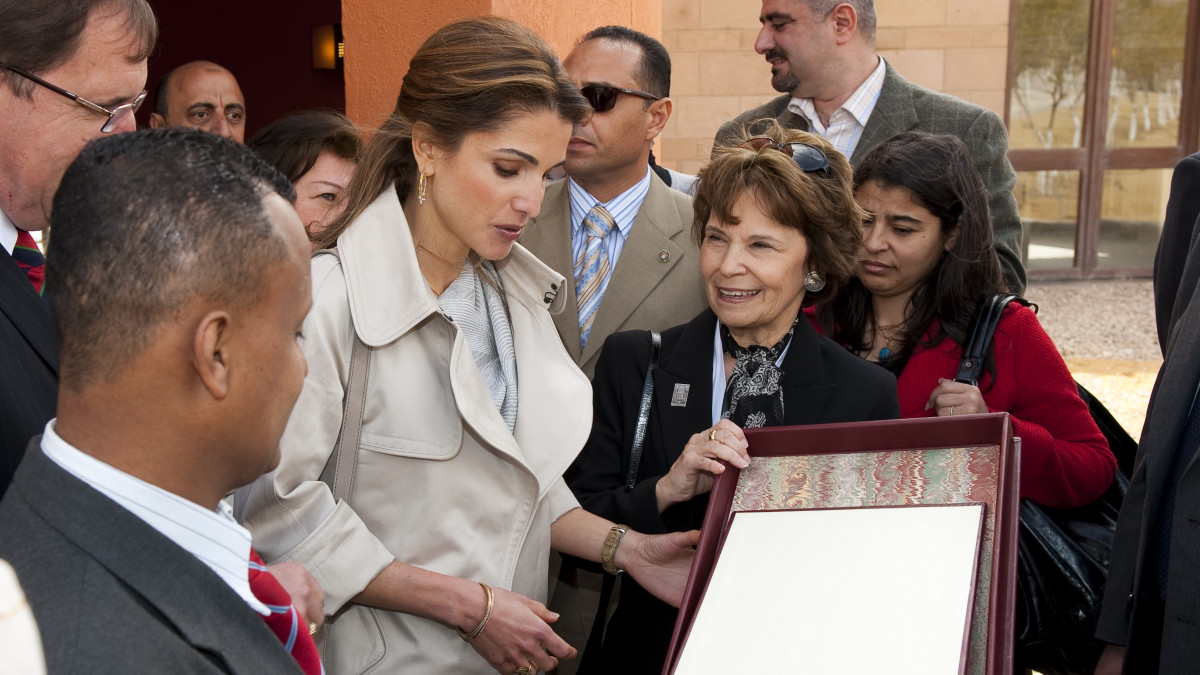 Barbara Lethem Ibrahim '71: Seeking justice in the Mideast
Barbara Lethem Ibrahim '71: Seeking justice in the Mideast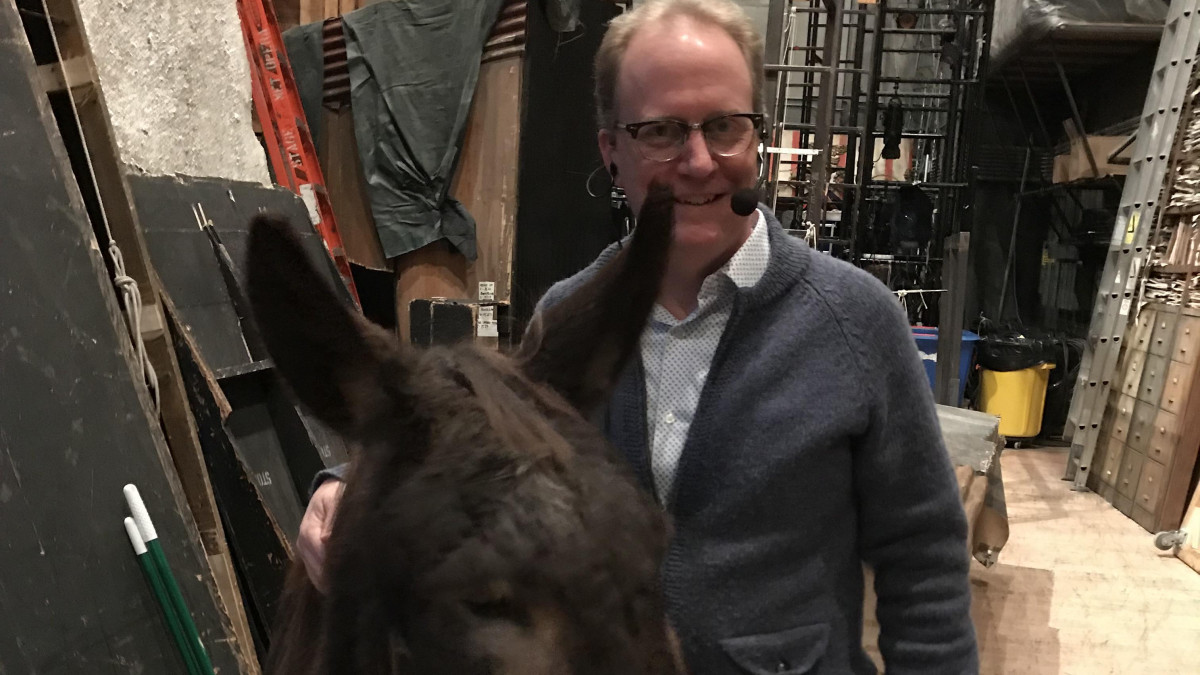 Scott Moon ’83: Staging the stars
Scott Moon ’83: Staging the stars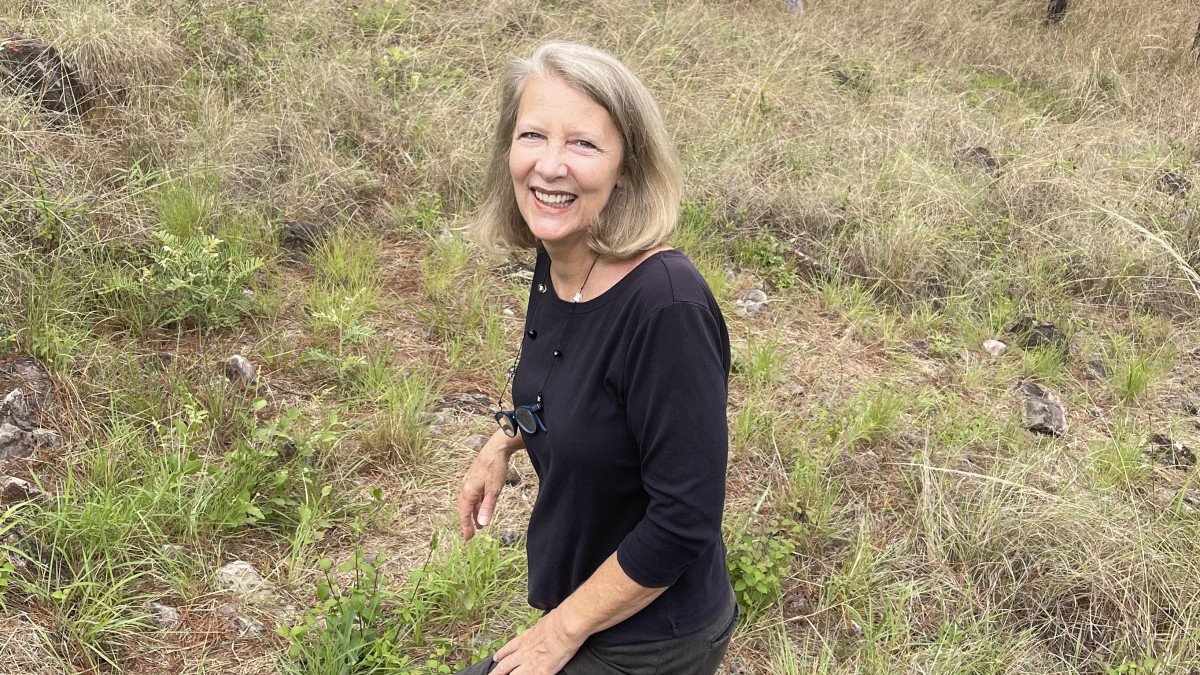 Betsy Hake ’79: Reaching out to outcasts
Betsy Hake ’79: Reaching out to outcasts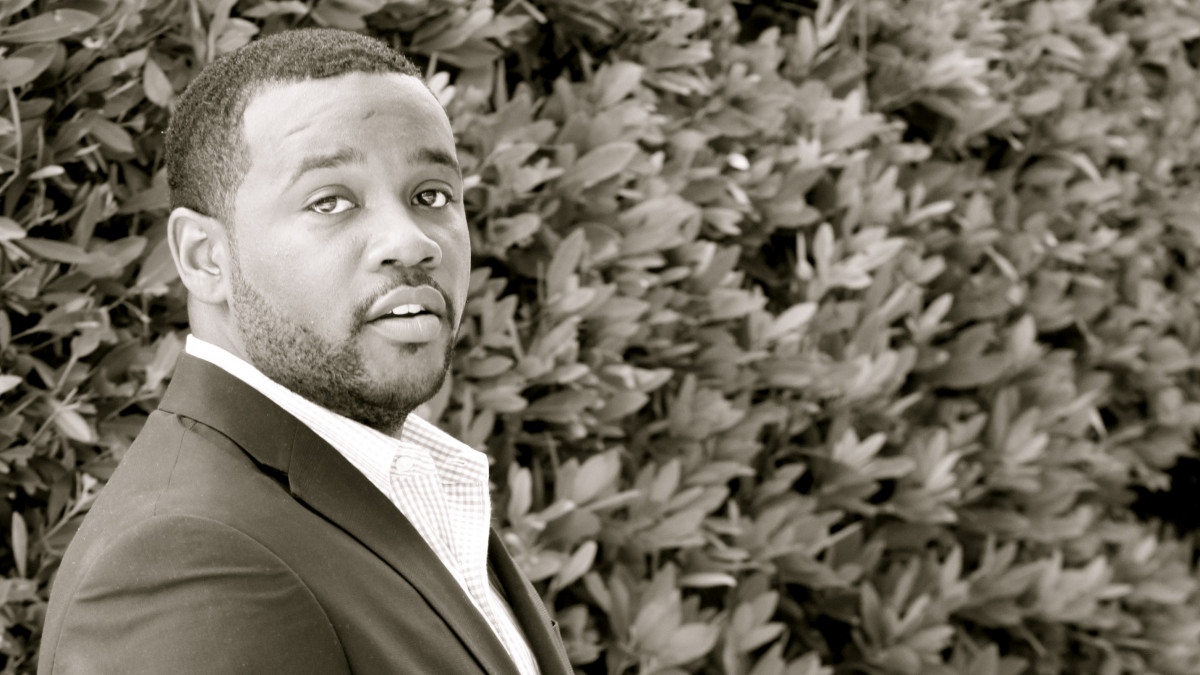 Edward Garnes '99: Serving sweet tea for the troubled mind
Edward Garnes '99: Serving sweet tea for the troubled mind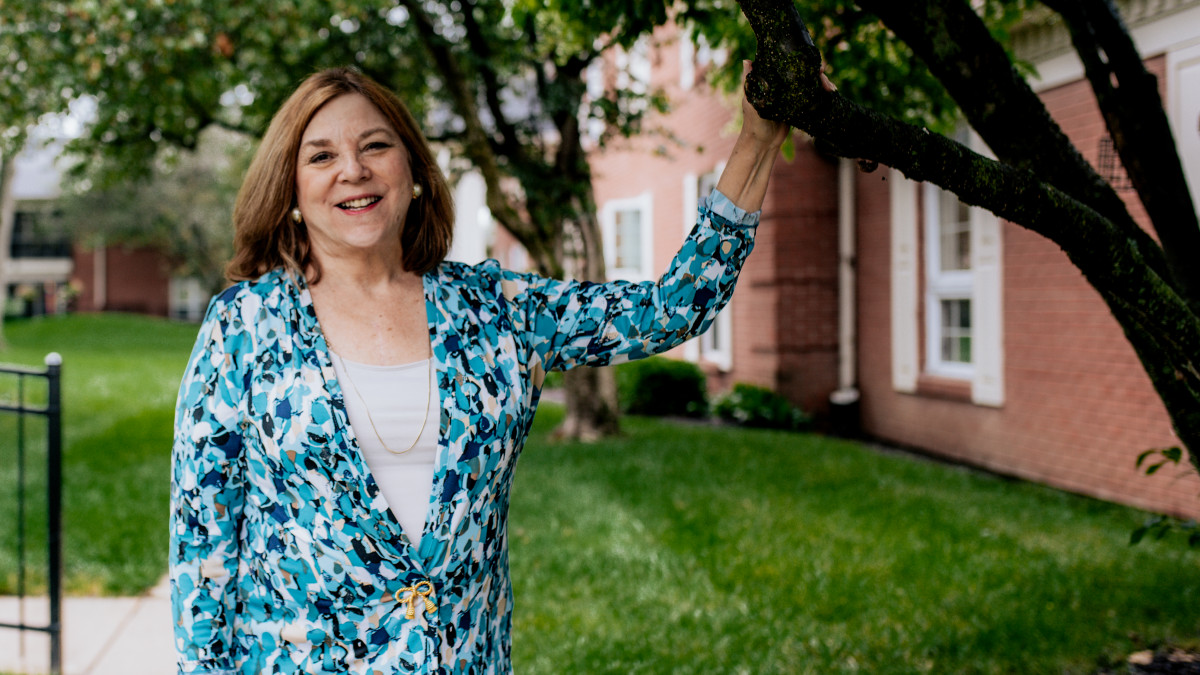 Melissa Martin ’71: Breathing life into small towns
Melissa Martin ’71: Breathing life into small towns The Solution Seekers: Using grit to save one starfish at a time
The Solution Seekers: Using grit to save one starfish at a time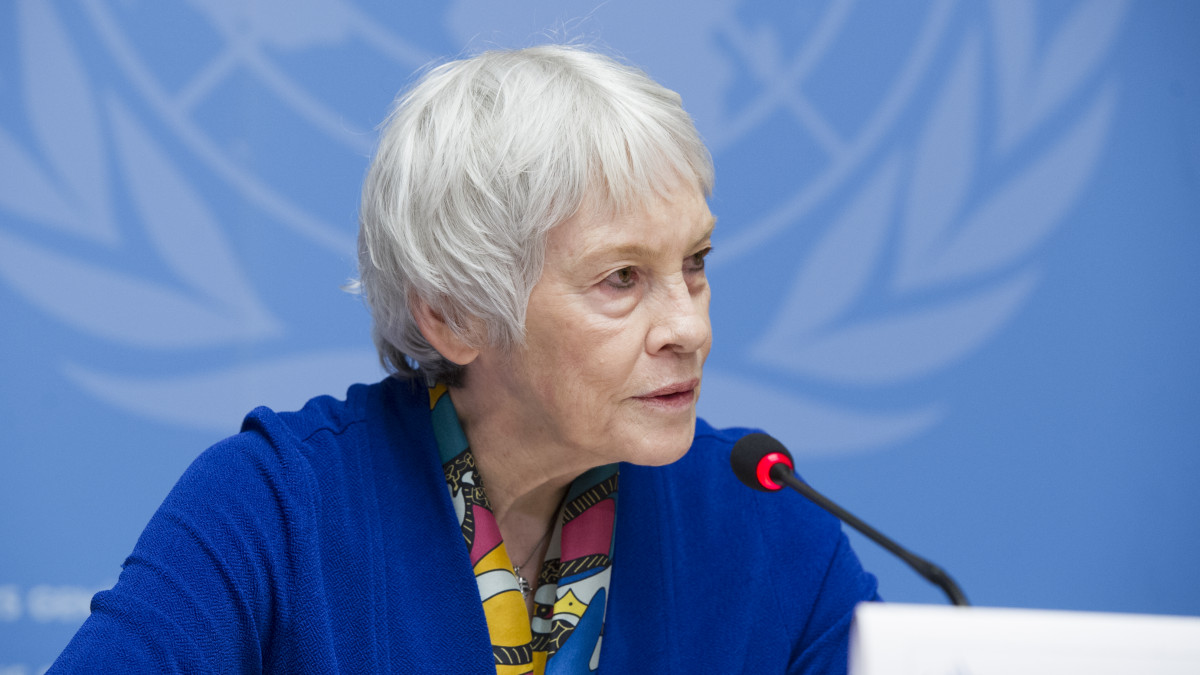 Karen Koning AbuZayd ’63: Rescuing refugees
Karen Koning AbuZayd ’63: Rescuing refugees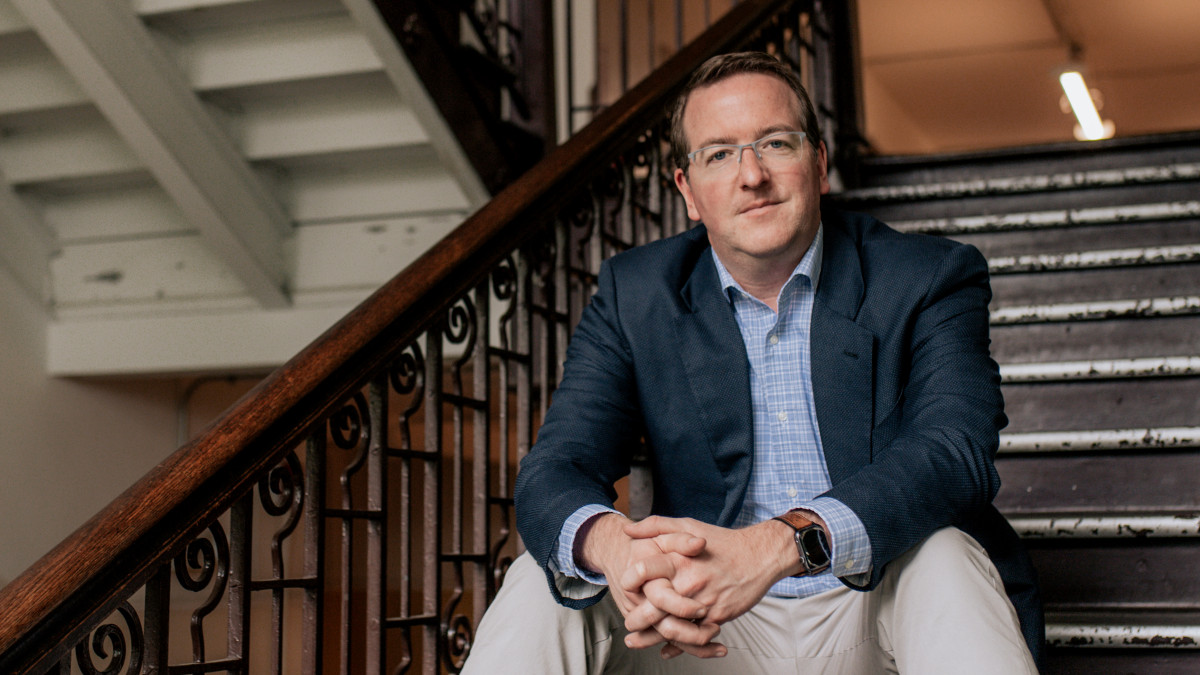 Nathan Hand ’03: Lending help to worthy causes
Nathan Hand ’03: Lending help to worthy causes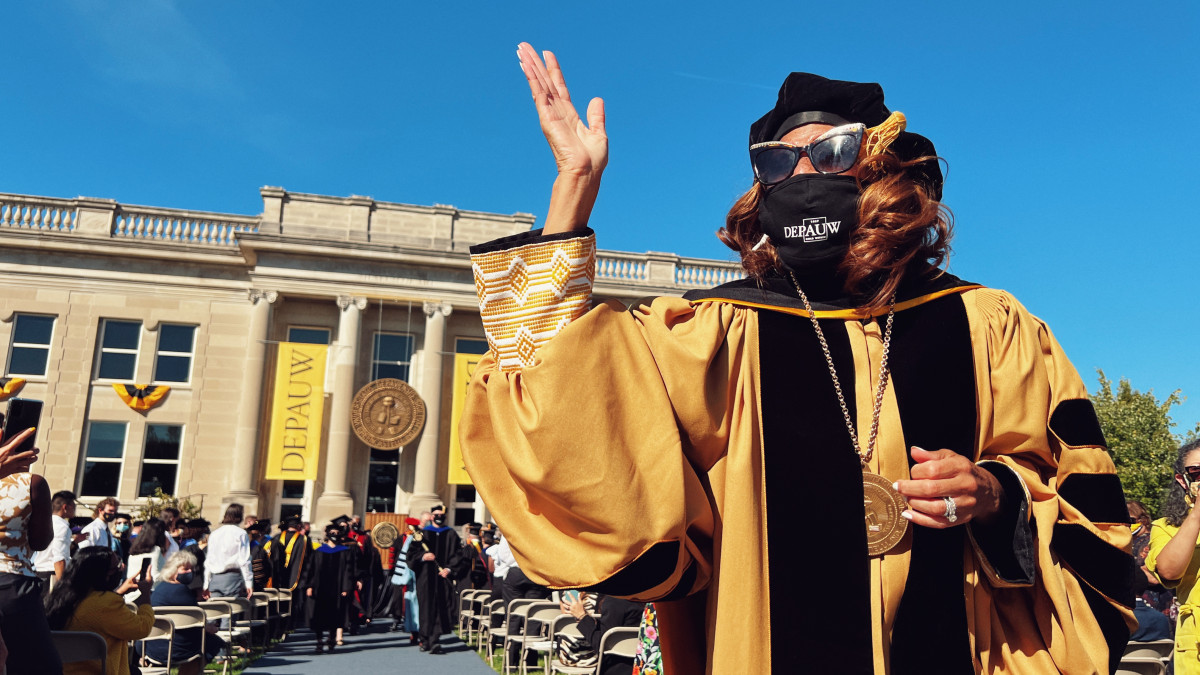 DePauw’s gold shines as White is inaugurated as president
DePauw’s gold shines as White is inaugurated as president DePauw Magazine: The Solution Seekers
DePauw Magazine: The Solution Seekers
DePauw Stories
A GATHERING PLACE FOR STORYTELLING ABOUT DEPAUW UNIVERSITY
Browse other stories
-
Athletics
-
Women's Golf - Williams Selected Academic All-America®
-
Football - DePauw-Record 190 Student-Athletes Named to NCAC's Dr. Gordon Collins Scholar-Athlete Honor Roll
-
Football - 336 Students Named to 2025 Spring Tiger Pride Honor Roll
More Athletics
-
-
News
-
Outstanding scholars named to Spring 2025 Dean's List
-
Alumni News Roundup - June 6, 2025
-
Transition and Transformation: Inside the First-Year Experience
More News
-
-
People & Profiles
-
11 alums make list of influential Hoosiers
-
DePauw welcomes Dr. Manal Shalaby as Fulbright Scholar-in-Residence
-
DePauw Names New Vice President for Communications and Strategy and Chief of Staff
More People & Profiles
-
-
Have a story idea?
Whether we are writing about the intellectual challenge of our classrooms, a campus life that builds leadership, incredible faculty achievements or the seemingly endless stories of alumni success, we think DePauw has some fun stories to tell.
-
Communications & Marketing
101 E. Seminary St.
Greencastle, IN, 46135-0037
communicate@depauw.eduNews and Media
-
News media: For help with a story, contact:
Bob Weaver, Senior Director of Communications.
bobweaver@depauw.edu.